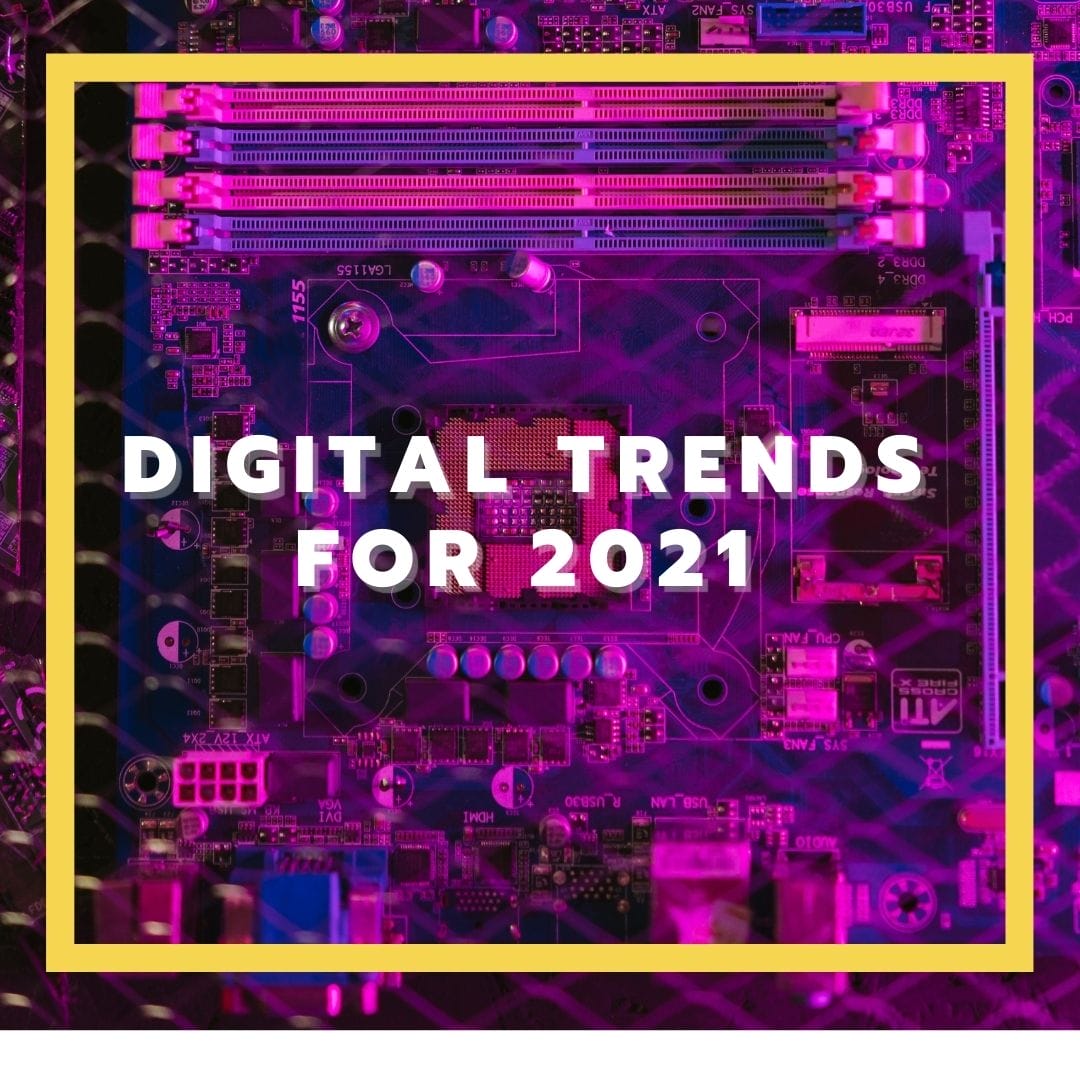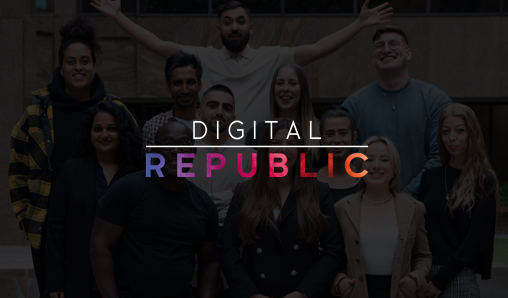
Five Digital Trends for 2019

At the heart of digital product thinking is the belief that digital experiences should continually develop in tandem with the evolving expectations of customers, to enable businesses to get ahead and stay ahead.
Baked-in experimentation
As digital technology has become more widely available and to a certain extent, standardised, the value of technology itself has become less significant from a competitive perspective. Companies wanting an advantage in 2019 need to fully embrace experimentation.
Marginal gains made across all aspects of digital – from site speed to on-site copy impact – contribute to greater market share, decreased costs and increased sales. Those able to spot and act on these opportunities will thrive; those that don’t will be left behind. 2019 will bring with division among those that do embed experimentation into their daily approach and those that don’t.
Using data will become more important and acquiring the skills to collect, cleanse, interrogate and analyse it will become increasingly necessary. Companies and organisations that prioritise experimentation and include it in all staff roles, rather than putting these skills into a silo labelled ‘data’, will make the most of the opportunities available in 2019 by baking experiments into their culture. By adopting this approach, people can make decisions about products, services and strategies without having to do it blind.
Innovation
Businesses of all sizes are increasingly bringing digital in-house, as digital moves to a more integral part of all operations. But these teams can get too caught up in the day-to-day running of the company. 2019 will see greater emphasis on digital creativity beyond current technical limitations; the winners will be those who can imagine a future outside of their four walls.
The rise of the internal agency has already begun. Large corporations are leading the way in establishing dedicated innovation hubs with the aim of inventing exciting new digital products in line with ever changing customer behaviours and needs; reacting fast and reducing risk by developing away from the core platform. The aim is to discover and generate breakthrough products and services across the customer journey.
Product agencies are also increasingly fulfilling the need for fast-to-market, high-performance new digital products, working collaboratively with brands and businesses to come up with completely new ideas and solutions that balance business needs with behavioural insight.
Personalisation
Brands and businesses have got pretty good at making smart clips, ads and videos to put out on social channels, get views and attract users. With short, specific content, you can look different – more relevant – to new groups of people and get immediate success. Turning that quick win into long term success requires adapting your own platform to reflect the expectation created from that snippet… and that’s much harder to do.
Successful brands will have to do more than ask people to configure their platform experiences themselves – they likely don’t have time or can’t be bothered – and up the ante on personalisation, not just through demographics or through contextual relevance, but by using a set of data; considering device, time of day, source of visit etc to make things work and win.
We can illustrate this with sport. A five-minute video clip rounding up the NFL highlights from the weekend grabs someone’s attention. All good. But as a sports broadcaster, what you ask that person to do, or show them next, can be hugely complex if you want their subsequent experience to live up to expectations.
Why did that original content work for the user? Was it the topic, the presenters, the location, the device, the day, the time, the format, the duration, the marketing message… any combination of these is potentially why it resonated at the time. So making the wrong assumptions about that to inform what they see next means you can get the follow-up platform experience wrong – and look totally irrelevant.
There is a whole new level of personalisation and curated content, based on smarter use of data, coming for 2019 that’ll move us beyond one platform trying, and struggling, to cater for all.
Ethical digital practices
The responsible use of tech and democratisation of the web was a huge topic at this year’s Web Summit, at a time when an increased focus on digital wellbeing has been tipped to be a major trend in 2019.
2018 saw a significant shift in attitudes towards technology. Consumers are acutely aware of algorithm bias, fake news and the negative societal effects of tech.
Digital giants are already putting into action digital wellbeing features to support consumers’ quest for screen-life balance, and there is an opportunity for brands to promote positive use of tech.
Similarly, nearly all consumers now expect brands to use technology ethically. Customers will increasingly see which companies truly care about their data. And it’s not just the tech giants that need to ensure AI and algorithms are ethical and unbiased.
Consumers will want to see this from all businesses. They want greater transparency and for brands’ digital presence to be rooted in ethical values – not just pay lip service to it.
Faster, seamless, convenient interactions
5G will be switched on in London, Cardiff, Edinburgh, Belfast, Birmingham and Manchester by mid-2019, and this faster speed and greater reliability will open up new opportunities for businesses to connect with a new hyper-connected consumer – anytime, anywhere – with greater reliability.
It will allow brands to be more ambitious and creative with their plans, confidently bringing mobile even further to the fore, and the Internet of Things will begin to scale.
While it’s the end of the year when we’re likely to see more mainstream innovations, there will be some hugely exciting ways in which organisations implement even smarter digital products.
Omni-channel experiences will go beyond smartphones with even more reliability, and expect to see events, such as festivals, sporting events and conferences making the most of next-level connectivity. Brands at the forefront of this faster, smarter trend – and who get their products right – will open up to this exciting opportunity and ability to deliver new experiences.
Originally published by Louis Georgiou.
If you enjoyed this infographic, you might find this post interesting as well.



